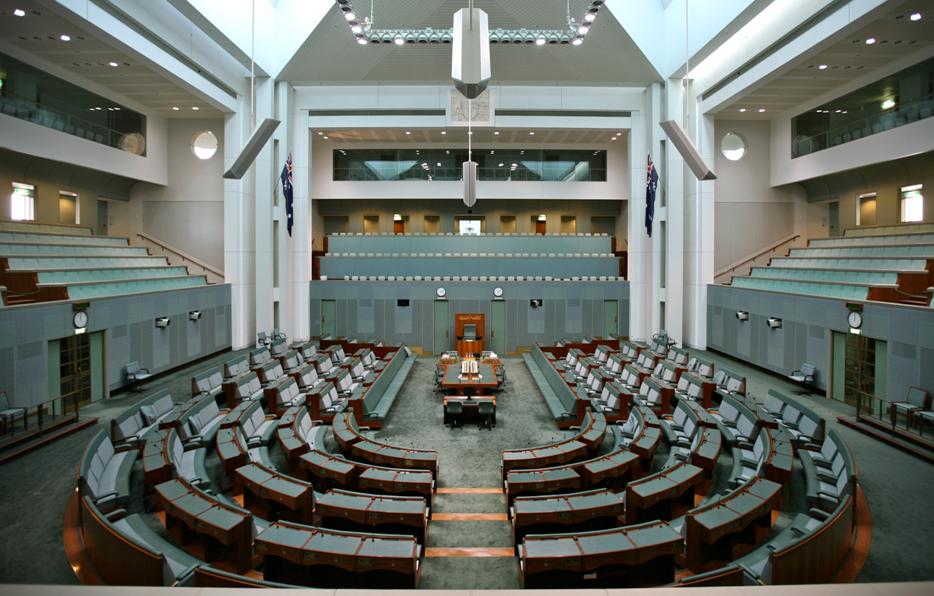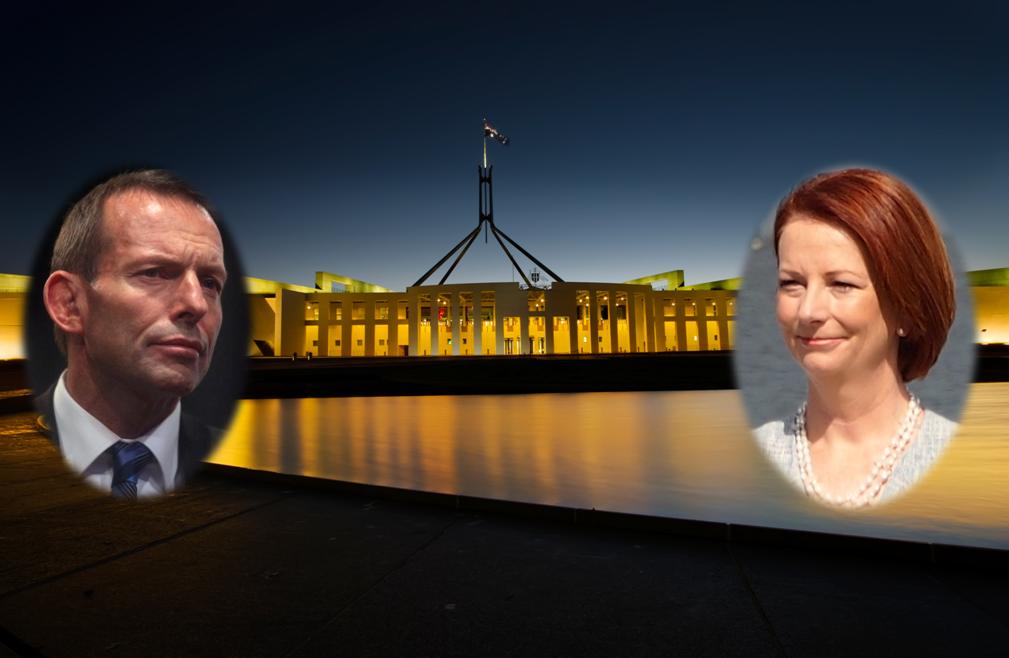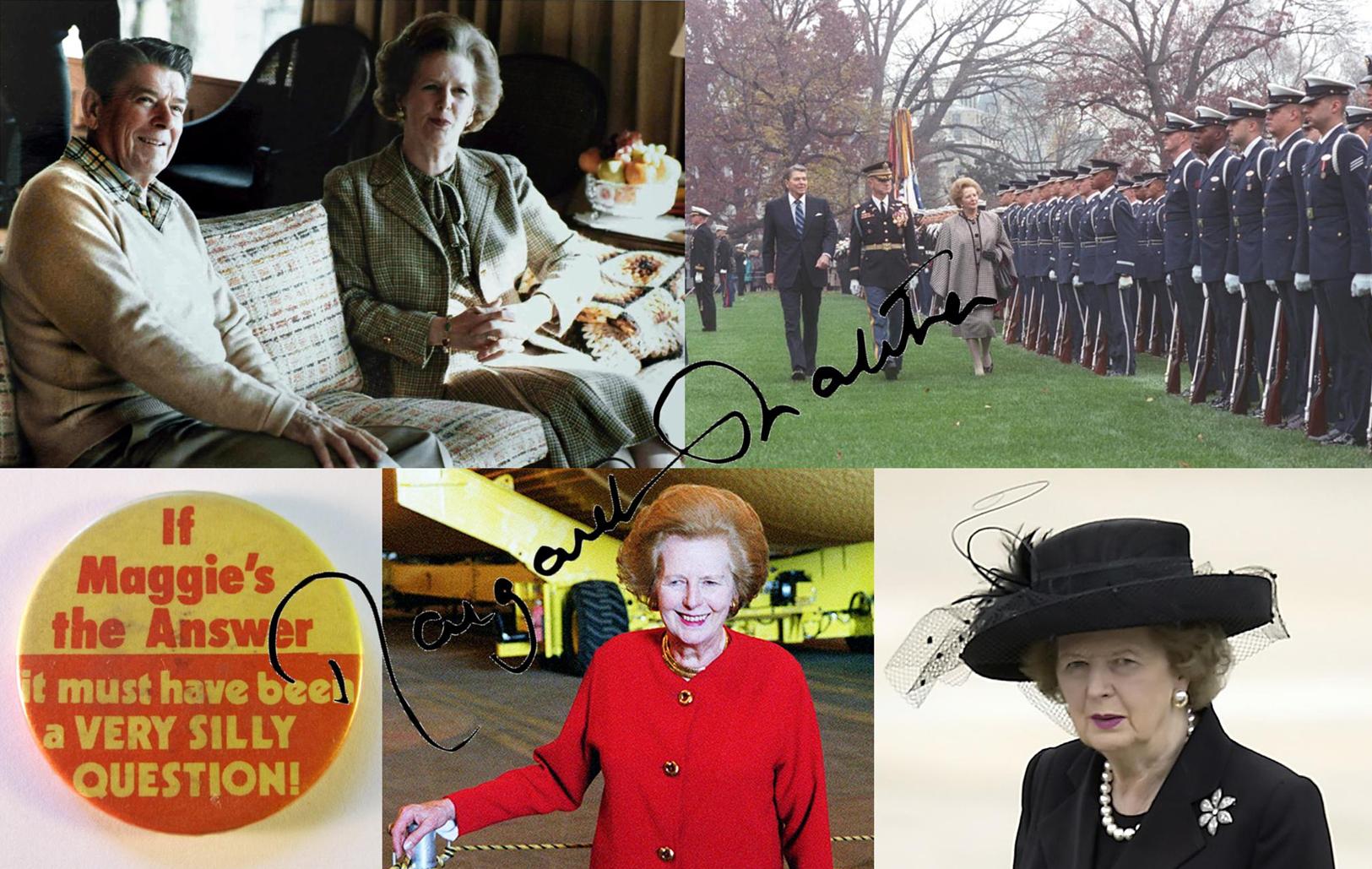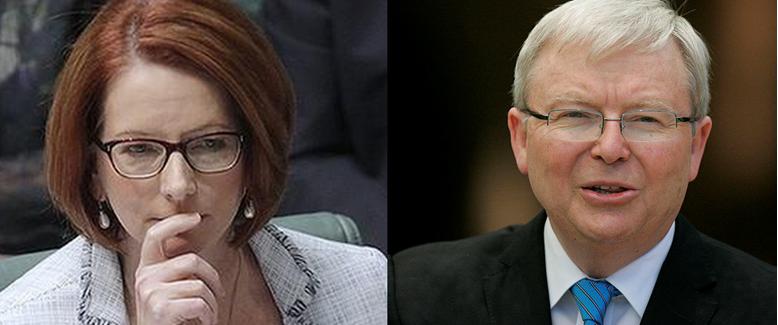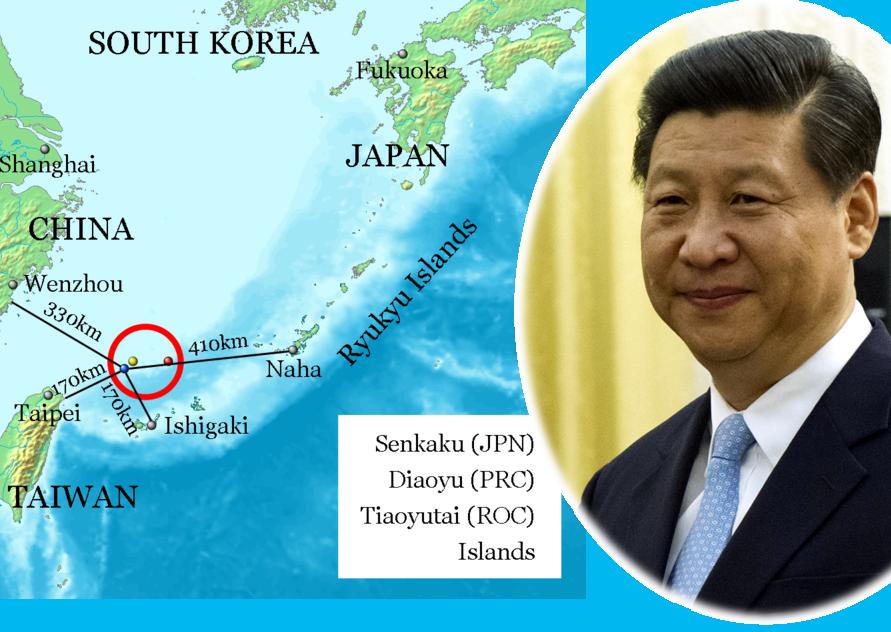At this point, it’s now a little over the halfway mark in the campaign trail of the Australian federal election 2013. The general gist of things to this point, is that numerous polls are favouring the Coalition (Liberal) over Labor. From the table below, on the basis of the individual electorate seats for the House of Representatives, projections are suggesting that Labor is likely to win 60 seats, the Coalition win 85 seats, and the minor parties and independents collectively win five seats. The results in the table below were calculated on a two party preferred (2PP) basis of the incumbent party from the 2010 Australian federal election, taking into account preferences and their nearest challenger, and statistically updated to reflect the sentiment of current polling results as at 22nd August 2013. Whilst subject to error, like any forecast, especially where there are marginal seats, and with respect to any incumbent that is not ...
Read More »Politics
Predicting the Australian Federal Election and its Policy Directions
Ask Not for Whom the Poll Falls, it Falls for Thee With the Australian federal election still approximately five months away, it may be time to take stock and consider what may be ahead as the campaign trail starts to ramp up. At the time of writing, the polls for the Julia Gillard led Australian Labor Party (ALP) imply a near 13 percent chance of winning the September 2013 Australian federal election; whilst for the Tony Abbott led Liberal Party (representing the overall Coalition including the Nationals) the implied chance of winning is approximately 87 percent. For up-to-date information on the Australian federal election 2013 polls see BetMetrix. As was considered in the earlier post related to the ALP leadership spill, the dominant strategy for Kevin Rudd or any other potential challenger and would-be alternate leader of the Labor Party, was, and is, simply to remain silent and wait until after the election. This is because, ...
Read More »Margaret Thatcher and Other Economic-isms
She Will Not Rust The Iron Lady, as Margaret Thatcher came to be known, was considered a formidable and often divisive political figure. As Britain’s first, and to date only, female Prime Minister, she was also the United Kingdom’s longest serving PM in the 20th century. From 1979 to 1990, she held the position. Leading with an iron first, and not covering it with a velvet glove, was her style. The lady was not one for turning. Margaret Thatcher passed away on 8th April 2013. Ever the Divisive Politician Love her or hate her, few could ignore her. Even in death, for Margaret Thatcher this continues. Dignitaries and prominent politicians from around the world have offered and paid their respects. It’s often Western custom to not speak ill of the dead. Yet, in perhaps rather un-British tradition, some within the UK have taken to the streets to openly celebrate the death of Margaret Thatcher. The ...
Read More »Why Julia Gillard is still Labor’s Leader
Over months, if not years, the embattled Australian Prime Minister Julia Gillard has managed to hold onto both her position as PM and the leader of the Australian Labor Party (ALP). After failing to win the 2010 federal election decisively with a clear majority, yet managing to form a minority Government, Julia’s grip on power has been tenuous, albeit just enough. A fact reiterated on the 21st March 2013, with the latest Labor leadership spill, this time initiated by Simon Crean. With a voice that some Australians find less pleasant than fingernails scaping down a blackboard, Julia has repeatedly irked many Australians, whom have called for her removal. This has been largely borne of the way in which she came to the position of the PM. Regardless of one’s political views, knifing Kevin Rudd in the back for the top job, has not sat well with many Australians. Perhaps oversimplifying things, the paradox of voting states ...
Read More »Whereto Mother Russia?
Russia is a mix of revolutionary reforms and vestiges of the past. A sprawling mass of land, it is country rich in natural resources, culture, and science. With an attractive flat tax rate of 13 percent, even for foreigners provided they’re present in the country for 183 days of the year, Russia is moving forward with economic incentives aimed at promoting business and investment in the economy. This is in contrast to many other countries where the supposed solution has been to drop the official interest rates set by their respective central banks to near zero, and other unconventional monetary policy approaches. Yet Russia is also known for its strict political measures and the controls imposed on its citizens. Such as banning milk with a rainbow logo on it because it’s potentially gay-related; or imprisoning citizens for exercising their opinions because freedom of speech is not a right they have. At the heart of much ...
Read More »Xi Jinping and a New China?
The once in a decade transition of power has occurred with Xi Jinping now the President of the People’s Republic of China. As China continues to expand its economic and political power globally, Xi Jinping will have a lot of work ahead of him. Many continue to ponder the significance of the strategic natural resources in the Senkaku (or Diaoyu) Islands. With both China and Japan continuing to rattle their sabres over the islands. Some have been so bold as to suggest it may lead to war between the two countries. Most hope sense and diplomacy will instead prevail. Internally the country potentially faces a serious economic bubble in housing and with its banks’ balance sheets bloated with bad credit. For Xi Jinping, given his apparent reformist stance and dislike of cronyism, commentary falls as to whether China will move closer towards a more open and capitalist society. It may, however, move in ...
Read More » uthinki Considered Opinion?
uthinki Considered Opinion?
